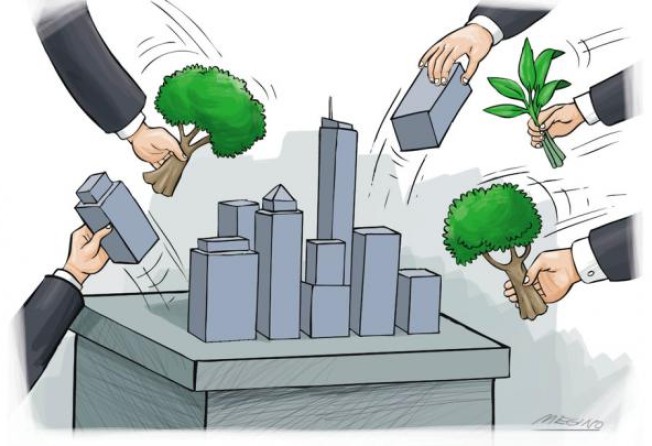Green concerns need to be part of development from the start
Trevor Yang says a ‘plan first, consult later’ approach to development belongs in the past as Hongkongers increasingly demand growth that doesn’t come at the expense of nature and people’s quality of life

The main aim of environmental protection is to protect human beings by ensuring the health and integrity of the natural environment that surrounds us and sustains us.
The power of human beings is immense. We can, if we so choose, radically alter the natural landscape to further our own interests. But such alterations are often a one-way track, and leave us with no way to restore the damage done to the landscape and environment. The past has taught us that developing without taking the environment into account can end in disaster, with tragedy or appalling living conditions being the result.